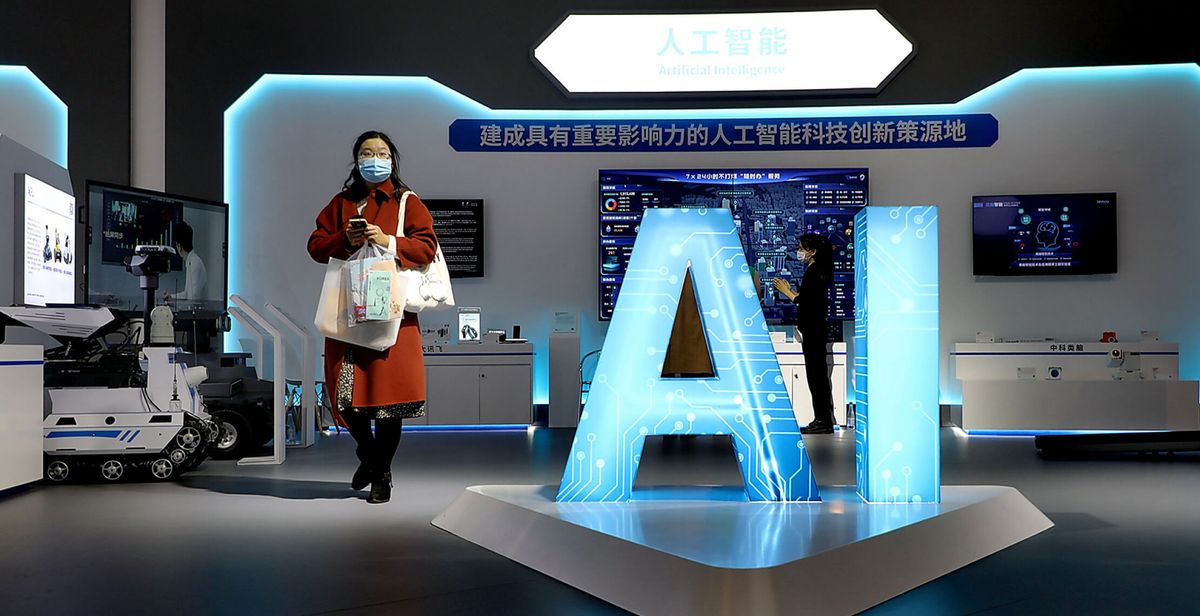
China on Thursday issued the world's first comprehensive regulatory framework governing generative AI, hoping to encourage innovation while upholding the country's ideological values and maintaining tight control over online content.
The new rules, encompassing text, images, audio and video generated by AI systems, are intended to promote “healthy content” aligned with “core socialist values.” Authorities stated they will take “effective measures” to spur generative AI development. The regulations shift to a more supportive tone compared to an earlier draft.
Despite the burgeoning global popularity of services like OpenAI's ChatGPT, China has not yet permitted any domestic firms to roll out similar services to the public. However, these new regulations might just pave the way for domestic companies to launch public-facing services, albeit with politically compliant Chinese ethos.
Under the regulations, AI providers must adhere to “core socialist values”, avoiding content that incite subversion of state power or threatens national security, social stability or state power. AI systems will require stringent self-censorship to avoid generating “false or harmful information”.
To uphold fairness and prevent discrimination, service providers are asked to respect intellectual property rights and carefully curate algorithm design and training data selection. These measures reflect China's attempt to align AI development with its political and economic priorities, as well as adhere to its stringent cyberspace laws.
Providers must cease operations and report any unlawful activities if they find that users are using the AI to produce illegal content on their platforms. They must also implement measures to prevent minors from becoming overly dependent on such services.
Of note, China says the new regulations aim to steer AI-driven public-facing services, rather than the underlying AI technologies themselves. Industrial or internal corporate AI applications are not within the purview of the regulation. Nonetheless, their impact remains uncertain. Generative AI is clearly under significant state supervision, as China seeks to promote a strategic emerging technology while exerting tighter control.
While the guidelines emphasize socialist values, they also encourage innovation in generative AI and promotion of “positive, healthy content.” This mirrors recent Chinese regulations on algorithms and synthetic media introduced in 2021 and 2022.
The new regulations underscore the challenge China faces in seeking to remain globally competitive in AI innovation while also maintaining strict adherence to core socialist values. On one hand, the rules aim to promote technological progress and advancement in generative AI. But on the other hand, they are firmly grounded in China's cybersecurity laws, data privacy regulations, and ideological values.
China is trying to strike a delicate balance between unleashing the full potential of AI as a key strategic technology, while still exerting strong control over online content and usage in alignment with Communist Party doctrine. The regulations reflect an effort to allow space for domestic AI innovation and services while establishing clear red lines around ethical risks, national security, and social stability. They demonstrate China's dual priorities of technological development and political control as the country tries to shape a governance model that enables AI to thrive within the confines of state ideology and censorship. The new regulation takes effect on August 15.

